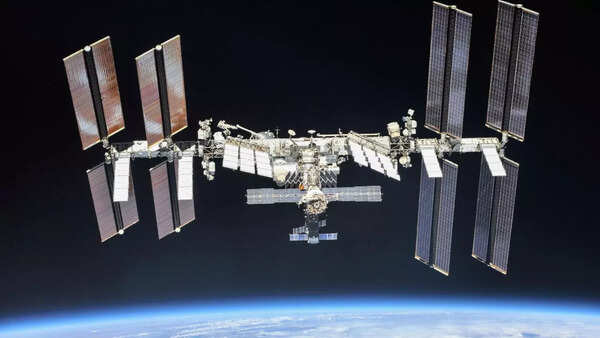Elon Musk, CEO of SpaceX, has once again voiced his opinion on the future of space exploration, advocating for the decommissioning of the International Space Station (ISS). This statement follows the allocation of $1.25 billion for the ISS in President Donald Trump's latest tax bill.
On July 3, 2025, Musk reposted a tweet detailing the space-related allocations within the bill. He added his perspective: "It's time to retire the Space Station and focus on Mars." This remark immediately fueled a debate online, with some backing his forward-thinking perspective, while others defended the ISS’s ongoing importance to scientific research and international collaboration. The bill also earmarks $325 million for a safe deorbit process by 2030, signifying the station's approaching end.
Musk has consistently criticized the ISS as an aging infrastructure that no longer warrants its substantial cost. He argues that the station's limited capabilities and escalating maintenance risks outweigh its scientific contributions. A significant number of the ISS modules are over two decades old, exceeding their original design lifespan. Musk contends that continued investment in the station diverts resources from more ambitious endeavors, such as manned missions to Mars colonization. He firmly believes that establishing a human presence on Mars is not just a distant dream, but a crucial step for the long-term survival of humanity, and funding should be prioritized accordingly.

NASA has acknowledged that the ISS has a limited operational lifespan. Several critical systems onboard the station are nearing the end of their functional life. To address this, NASA awarded SpaceX an $843 million contract to develop a U.S. Deorbit Vehicle, designed to guide the ISS back to Earth in a controlled descent around 2030. The tax bill’s $325 million allocation for deorbit operations supports this timeline. While Musk supports this transition, he suggests expediting the process to free up funding for next-generation missions more quickly.
Musk's comments have triggered diverse reactions. Supporters argue that his focus on Mars is both visionary and practical, especially given the rapid advancements in private space technology. They believe the ISS has already provided immense value, and the time has come to invest in the next phase of space exploration. Conversely, critics caution that phasing out the ISS prematurely could impede crucial microgravity research, space medicine trials, and international partnerships that continue to rely on the platform. Many advocate for a gradual transition, rather than an abrupt termination, as the more prudent path forward.
Newer articles
Older articles
 Black Caps Set for Blockbuster Home Summer Against Cricket Giants
Black Caps Set for Blockbuster Home Summer Against Cricket Giants
 Elon Musk Calls for ISS Retirement, Citing Mars Focus After $1.25B Allocation
Elon Musk Calls for ISS Retirement, Citing Mars Focus After $1.25B Allocation
 Sharma Reveals Heart-Stopping Moment of Yadav's Game-Changing Catch in T20 World Cup
Sharma Reveals Heart-Stopping Moment of Yadav's Game-Changing Catch in T20 World Cup
 Daren Sammy Fined, Receives Demerit Point for Umpire Criticism After Test Match Controversy
Daren Sammy Fined, Receives Demerit Point for Umpire Criticism After Test Match Controversy
 Smith Aims for Second Test Return After Unique Baseball Cage Recovery
Smith Aims for Second Test Return After Unique Baseball Cage Recovery
 Gujarat Cricket Association Gears Up to Launch T20 League in 2025-26 Season
Gujarat Cricket Association Gears Up to Launch T20 League in 2025-26 Season
 Man City Title Stripping: Unprecedented Chaos Looms for Premier League Amid Financial Allegations
Man City Title Stripping: Unprecedented Chaos Looms for Premier League Amid Financial Allegations
 Ex-India Star Engineer Slams ECB's Pataudi Trophy Renaming, Questions Anderson-Tendulkar Choice
Ex-India Star Engineer Slams ECB's Pataudi Trophy Renaming, Questions Anderson-Tendulkar Choice
 Najmul Hossain Shanto Resigns as Bangladesh Test Captain After Sri Lanka Defeat
Najmul Hossain Shanto Resigns as Bangladesh Test Captain After Sri Lanka Defeat
 Jin's Solo Concert in Korea: A Reunion with ARMY, Surprise Guests, and Electrifying Performances
Jin's Solo Concert in Korea: A Reunion with ARMY, Surprise Guests, and Electrifying Performances